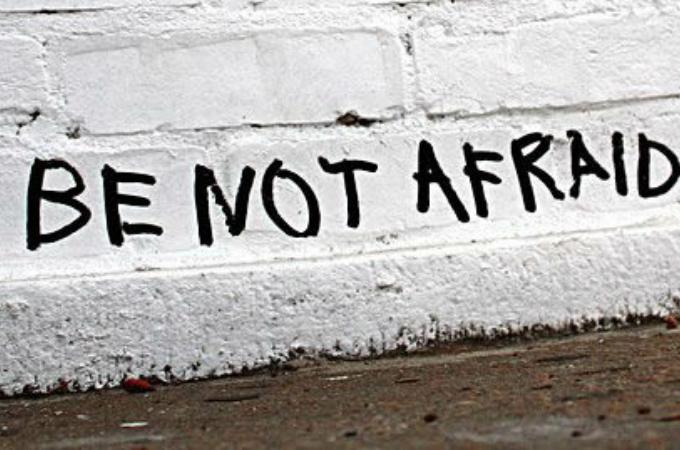Conquering our fears
Suicide in the United States has surged to the highest levels in nearly 30 years, according to the National Center for Health Statistics. The center said the overall suicide rate rose 24 percent from 1999 to 2014. What is most disturbing is the steep rise of suicides in women and among middle-aged Americans.
We must wonder if one particular cause behind this disturbing news is our culture of fear. Take a look at examples of today's fears: nonstop news of barbarous violence, increased security forces everywhere, a glut of pharmaceutical advertisements addressing possible illnesses we could contract, stock market jitters and senseless killings. We live in an age of fear overkill that is overwhelming. But can this contribute to a person's feelings of hopelessness?
Our human mind is much like a garden. If it gets too much water, it becomes moldy, rots and dies. When balanced with sun, it thrives. A healthy outlook, like a healthy garden, demands balance, so it isn't drowned and so that it doesn't lose its vitality.
In our fear-oriented culture, how do we cope best? There are several things we can do to change our outlook.
First, an examination of conscience is needed to help us take a deep look at the causes of our fears. From childhood, what was most fearful? Has this carried over to adulthood and possibly into married life, raising children, maintaining a job? Does it fill us with uncertainty and paralyzing cautiousness? How much does fear of death grip us?
Fear is a deep-seeded emotion, and once it is imbedded in us, is difficult to uproot. An examination of conscience is our best means for identifying it and eliminating it. Once it has surfaced, we are in a good position to say, "Now I see the enemy in the open, and now I can see better how to fight it."
Second, we can look for light beyond the tunnel. This must become part of daily practice. Light is life and enables us to see life in its fullness. Beauty exists everywhere. All we need do is seek it, be it in a sunny day, dazzling flowers, singing birds or the smile of another person. But fear paralyzes. Beauty, on the other hand, creates agility.
Most important, God's life must be a part of our daily life. When something fearful happens, we tend to lose our breath and feel helpless and alone. God implores us to take a deep breath and to remember that we are not alone. In unity, there is strength, especially when united with God.
"Fear not" aren't only words Christ mouthed, but it was Christ's desire for us to employ our God-given gifts to cope with fear.
- FatherEugene Hemrick is a columnist for Catholic News Service



















